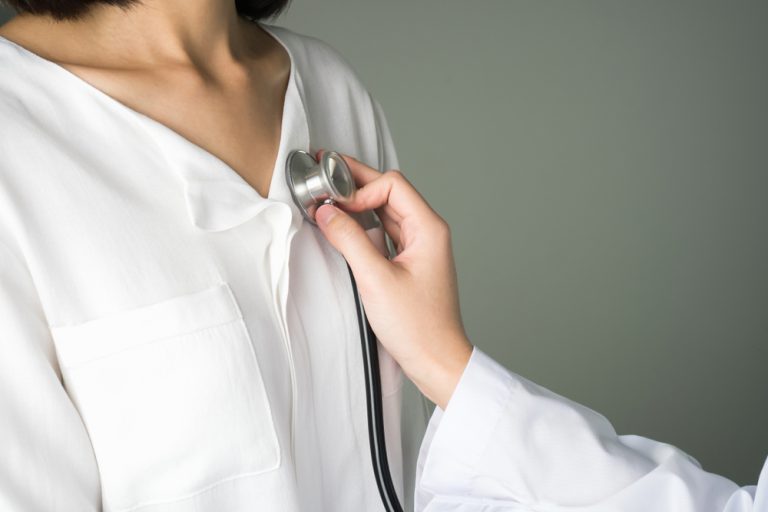
Do you find yourself feeling easily fatigued? It may not be solely due to poor sleep habits. It is essential to take this matter seriously, and if you experience any symptoms, seek medical attention promptly.
Excessive tiredness can be an early sign of heart problems, and it is crucial to prioritize your health. It can be challenging to accept such a possibility, but recognizing the early symptoms of heart problems is vital. If you encounter any of these signs, it is imperative to consult a doctor.
1. Snoring Louder

Snoring during sleep is a common occurrence, but if the snoring becomes louder, it may indicate a more serious problem.
Sleep apnea is a condition where breathing problems occur during sleep and can lead to heart disease. If you experience abnormal snoring, it is recommended that you consult a doctor immediately to prevent potential complications.
2. Exhaustion

Experiencing fatigue and exhaustion can be a clear indication of an underlying heart problem. If you find yourself getting easily tired after simple activities like climbing stairs or carrying groceries, it may be a symptom of a more complicated issue. It is crucial to consult a doctor immediately if you experience any such symptoms.
Fatigue and exhaustion are significant signs of heart disease that should not be ignored. In fact, it is even more important to address these symptoms than other signs of heart disease, such as pain in any part of the body. Therefore, it is vital to prioritize these symptoms and seek medical attention as soon as possible.
3. Sweating

While sweating is a normal bodily function, excessive sweating can be a cause for concern. If you experience frequent sweating without any apparent reason, it may indicate an underlying health condition, and you should seek medical attention immediately.
Excessive sweating is a common symptom of various serious complications, including heart disease, so it’s essential to consult a doctor promptly to avoid any further complications.
4. Cough
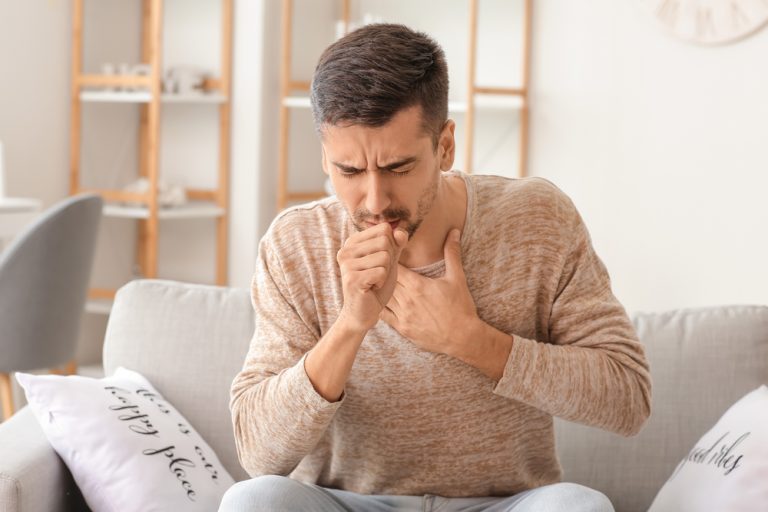
If you are experiencing a persistent cough that doesn’t seem to improve, it’s important to seek medical attention immediately. Even if you don’t have a cold, an ongoing cough can be a sign of a serious health condition.
In particular, if you are coughing up white or pink mucus, it may be an indication of future heart failure. It’s crucial to schedule a thorough medical examination with a doctor as soon as possible in such a situation. Remember, the earlier you seek medical attention, the better your chances of avoiding serious health complications.
6. Swelling in Legs, Feet, and Ankles
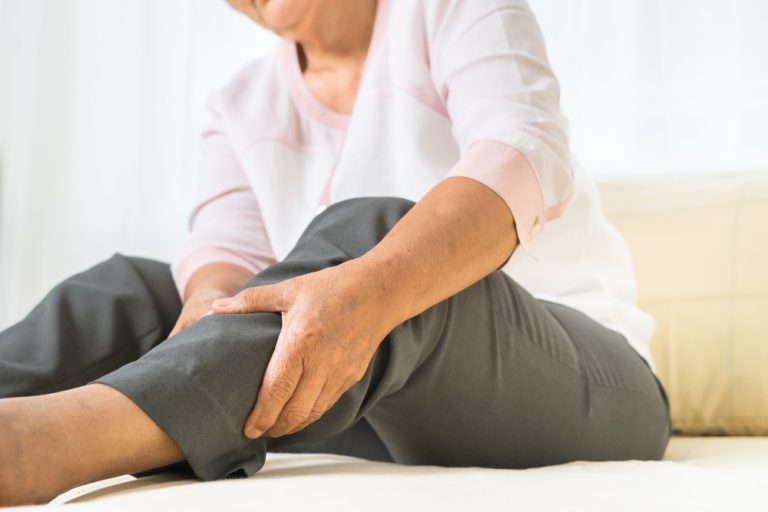
Have you ever noticed swelling in your legs, ankles, or feet? Although these body parts can swell after standing for a long time or doing an unusual activity, if you are not exerting yourself and the swelling persists, it’s time to pay attention to it.
Swelling in these areas can be a sign of insufficient blood supply due to the heart’s inability to pump it back. It can also indicate kidney disease. Therefore, if you experience such symptoms, it is crucial to visit a doctor promptly to determine the underlying cause.
7. Issues like Nausea, Indigestion, etc.

Experiencing symptoms such as nausea, vomiting, heartburn, and indigestion could be a sign of a serious health issue. According to studies conducted by Charles Chambers, these symptoms can be a warning sign of an upcoming heart attack.
However, in some cases, these symptoms can also result from poor dietary choices. If you are experiencing these symptoms without any obvious cause, it is important to seek medical attention as it could be an indication of heart problems. Therefore, consulting a doctor is highly recommended to avoid any further complications.
8. Lightheadedness

Experiencing dizziness or feeling lightheaded is not normal and should not be ignored. If you frequently experience these symptoms along with others like nausea, shortness of breath, and snoring, it could be an indication of heart problems.
When the heart is unable to pump blood effectively, blood pressure drops, which can lead to lightheadedness. If you suspect that you may have heart problems, it’s important to seek medical attention urgently.
9. Discomfort in Chest

Chest pain is often associated with heart problems and can be a sign of a heart attack. If you experience discomfort, pressure, or sudden pain in your chest, it could be a sign of heart issues.
It is important to see a doctor immediately if you experience tightness or prolonged chest pain that does not go away. Seeking medical guidance from a doctor can help prevent further risks.
10. Pain in Arm

Experiencing severe pain in the left arm may have various reasons, including muscle strains or sleeping awkwardly. However, if there is no obvious explanation, it’s crucial to take it seriously. This type of pain can be a symptom of heart disease.
If you have a heart condition, you may experience pain that begins in your chest and spreads to your left arm. If you encounter this type of pain, it’s crucial to see a doctor immediately for a thorough evaluation. Timely medical intervention can help you manage any underlying heart conditions.
11. Heart Beat Issues
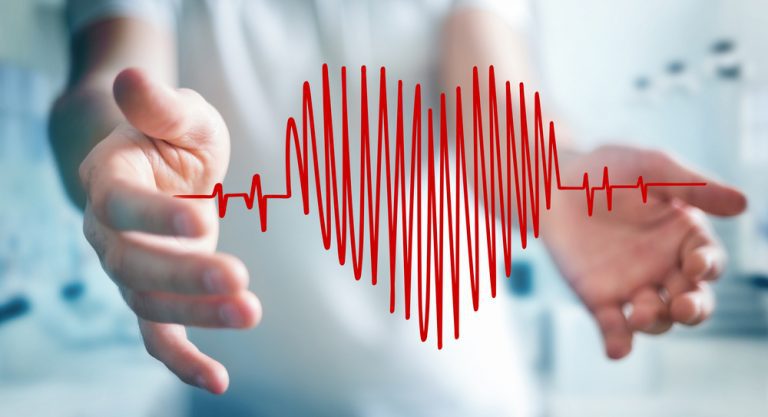
Your heart rate and pulse are important indicators of your overall health. If you are experiencing irregularities in your heartbeat, it’s essential to investigate further. Irregularities in your heartbeat could be an alarming indication of something wrong with your body.
While caffeine and lack of sleep can cause irregular heartbeats, it’s essential to seek medical attention if you’re experiencing irregularities and neither of these factors applies to you. Make an appointment with your doctor to ensure there are no underlying heart conditions that require attention.
12. Pain in throat and jaw
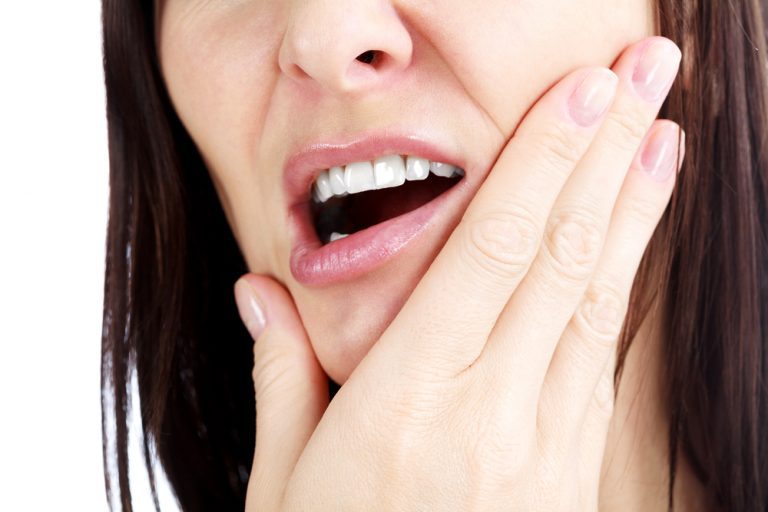
If you’re experiencing throat pain without having a cold or cough, or jaw pain without a wisdom tooth issue, it could be a serious matter. Muscular problems and sinus problems are common causes of throat and jaw pain.
However, if you don’t have any of these issues and still have constant pain, it’s important to pay attention to where the pain is located. If the pain spreads from your chest to your jaw or throat, it could be a sign of a heart problem. It’s crucial to seek medical attention from a doctor if you experience any of these symptoms.
13. Skin Turns Blue or Purple
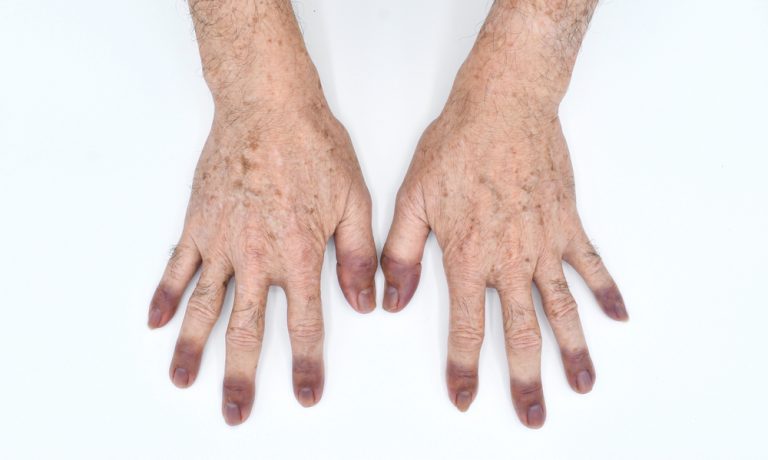
It’s normal for our skin to turn blue or purple in very cold weather. However, if you notice discoloration in your skin that is not related to the temperature, you should consult a doctor. This can be a sign of a serious underlying issue.
If your skin is turning blue or purple even though you are warm and the weather is normal, it could be a result of inadequate oxygen supply in the blood due to the heart not pumping properly. This can lead to serious heart problems. It’s crucial to seek medical attention to prevent any potential complications.
14. Rashes and Marks Due to Bumps

If you suddenly notice bumps on your skin, it could be a sign of a serious health problem and you should seek medical attention. These bumps may be caused by heart disease and can resemble rashes, pimples, or warts that are filled with pus or fat.
These fatty deposits contain cholesterol, indicating that you may have high cholesterol levels. High cholesterol levels are a risk factor for heart disease, so it’s important to see a doctor if you notice these bumps.
15. Nails

Have you ever observed any unusual changes in your nails? Normally, nails are straight and have a light pink color. If your nails do not appear normal, it is important to consult a doctor as soon as possible because nails can indicate your heart’s condition. Therefore, it is crucial to ensure that your nails are healthy.
If your nails are turned down and your fingers are swollen, it is a concerning symptom that should not be ignored. This condition is called clubbing and is associated with severe heart problems. In this case, seeking medical attention from a doctor is essential.
16. Waxy Growths
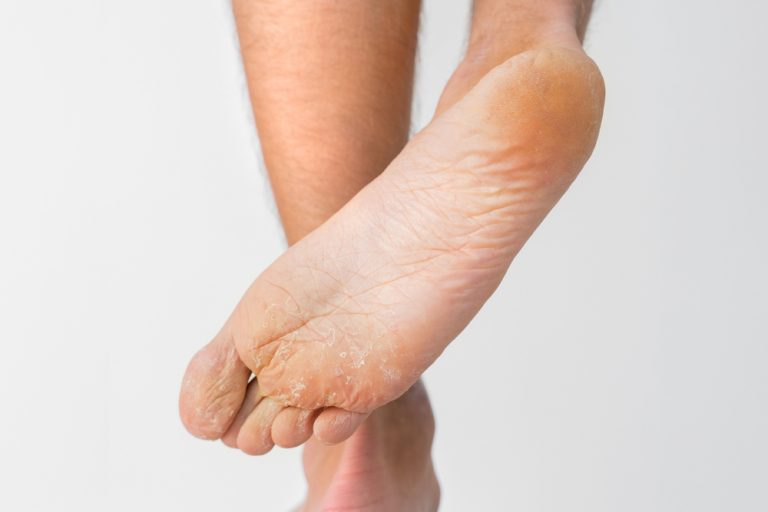
If you ever observe yellowish or orange waxy growths on your skin, it is a sign that you should not ignore. These growths usually appear on different areas of the skin, and if you notice any, it is important to see a doctor immediately.
These growths look like bumps on the skin and are deposits of cholesterol, indicating that your cholesterol levels are significantly higher than normal. They may appear on different parts of the body, such as under your eyes, on your feet, toes, and hands. Therefore, if you notice any of these growths, it is advisable to consult your doctor to manage them and check your heart health.
17. Discoloration
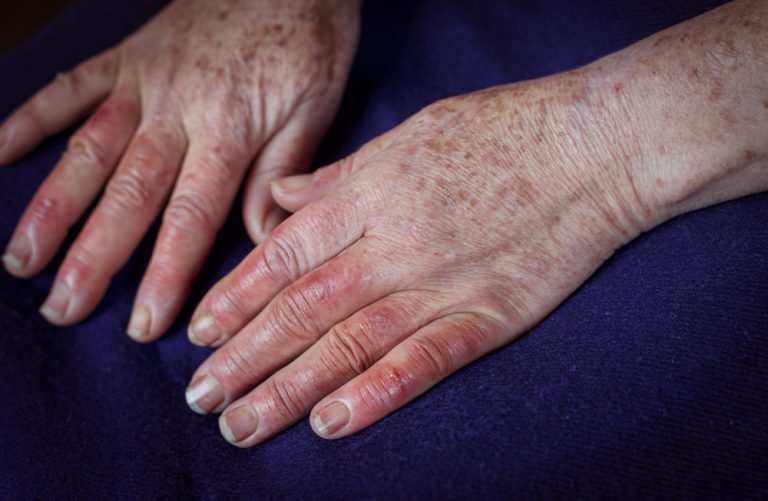
Changes in skin color can be an indication of underlying heart disease, and it is crucial to pay attention to them. If you notice any unusual discoloration, it is best to consult a doctor and consider making changes to your daily routine.
Brown discoloration on the palms and soles may be a sign of an infection in the heart or blood vessels. While the spots may be painless and clear up on their own within a few weeks or days, proper treatment is necessary to prevent the risk of a heart attack. Therefore, seeking medical attention is highly recommended.
18. Lines under Nails
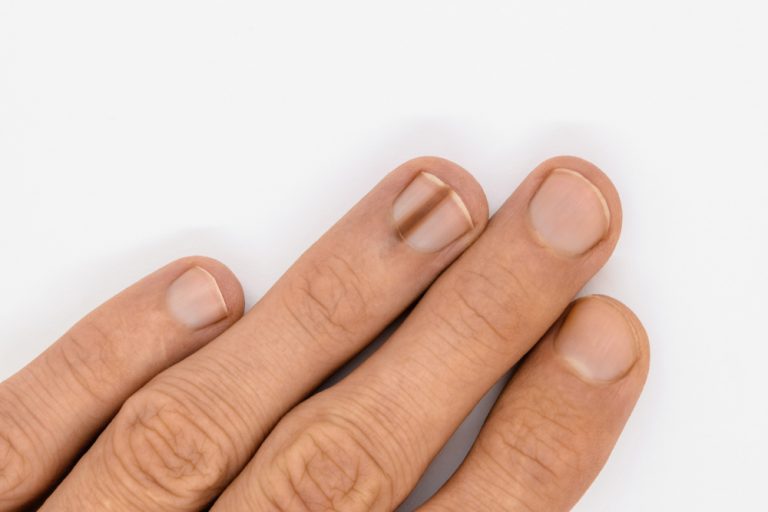
Pay close attention to your nails. Are they healthy pink or do you notice any lines underneath them? It’s important to know that red or purple lines under the nails can be a warning sign of a potential heart attack. If you observe such lines, seek medical attention from your doctor immediately.
Although injuries can also cause red or purple lines on the nails, it’s crucial to be aware of any changes that occur without any apparent cause. Such lines may be indicative of underlying heart conditions, especially if they don’t hurt and you haven’t had any nail injuries.
19. Rashes and Fever

If you notice rashes on your skin, it could be a symptom of heart disease, and you should take immediate care of yourself. It is recommended to examine your body regularly, at least once a week, to monitor any changes. A persistent rash accompanied by fever can be a sign of a serious heart condition.
Children who are at risk of heart disease often develop a rash followed by fever, which is known as rheumatic fever. This condition can lead to long-term heart problems in children. If you notice such symptoms, it is essential to consult a doctor for proper diagnosis and treatment.
20. Swollen Lips
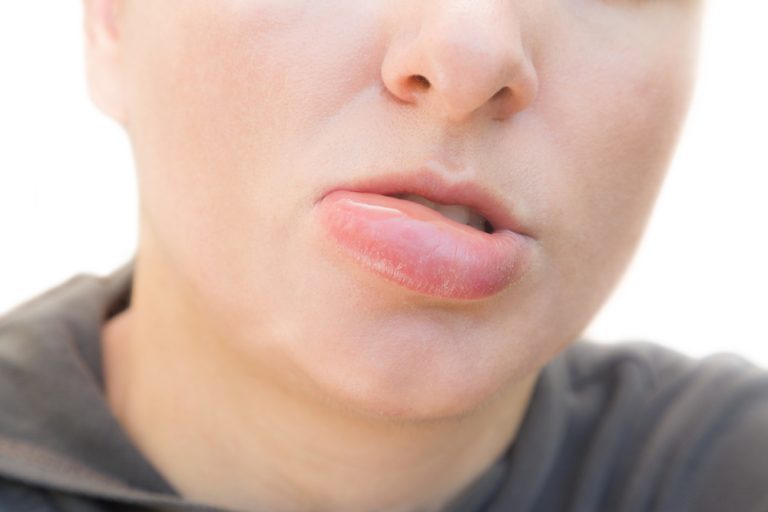
Dry, swollen, and bleeding lips in normal weather conditions are a cause for concern and should be investigated.
If these symptoms are accompanied by a rash and fever, it could be a sign of Kawasaki disease, which is more common in children. If left untreated, Kawasaki disease can lead to heart problems in the future. Therefore, it’s important to seek medical attention promptly if you experience these symptoms.
21. Waxy Lumps

Have you noticed smooth waxy lumps on your body? If so, it is important to seek medical attention from a doctor immediately. These lumps can be a symptom of heart disease that should not be ignored. They can appear on any part of the body and are smooth to the touch.
Abnormal buildup of protein in the body can lead to the appearance of these lumps, indicating potential complications in various organs, including the heart. Maintaining a healthy protein level is crucial for proper bodily function. Be sure to consult with a doctor if you notice any unusual lumps on your body.
